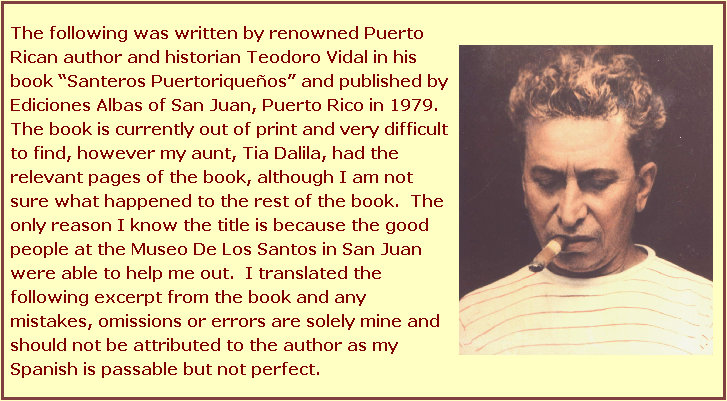

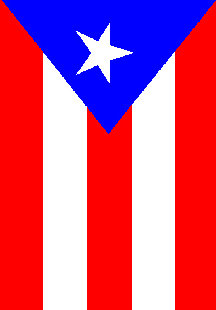
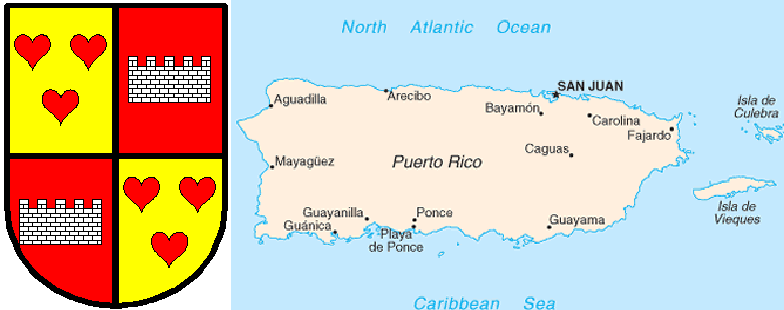
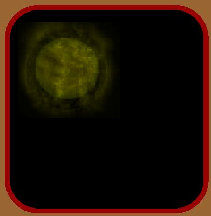

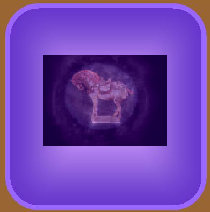
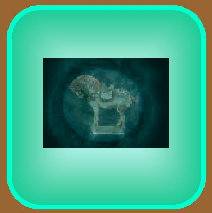

Marcelino Cortés Morales was a son of a laborer in the mountains of Utuado,
As a result of his disease, the artist and creator stayed partially handicapped but
nonetheless installed a small factory in his own house. He dedicated himself to work on his art and to make other wood products. In his sculptures, Cortés generally used cedar and laurel wood that abounded in the region and that his brother and other neighbors
would bring him. Of cedar wood, he said that the best pieces were obtained “from old trees with a lot heart.” Of the
Cortés insisted that they bring him wood that was cut in the declining moon, and refused to use wood that was cut in May because during
that month it rained a lot which made the wood wet and susceptible to moths. In a corner of his homemade factory, Cortés usually
had pieces of wood that he had put to dry and to have ready for when commissioned for project or other orders. He liked to have
plenty of cedar on hand not only for the pedestals of the carved saints, but he also made traditional cedar chests.
While
the santero was still relatively young, a woman devotee of the District of Angeles, in Utuado, commissioned him to carve an image
the “La Pura y La Limpia” of regular dimensions to donate to the parochial church. This order contributed to the recognition of his
neighbors and the rise in reputation of the artist. It led to people to see how creative he was.
In addition to the carved
saints, Cortés made furniture including tables, chairs, closets and many other things. In a room of his house there was a complete
furniture set built by him. On more than one occasion he also made crutches and wooden legs for people who needed them. Cortés also carved rocking horses and many other things. Guided by an engraving of Satan that he had seen in a parochial church
in Utuado he carved it out in wood to complete a commissioned work for a woman from Rio Piedras,
Surviving relatives
of Cortés speak very highly of the artist’s works. A daughter once beamed, “I have never seen artwork from any other craftsman
as beautiful as the ones my father once made.” However in addition to Cortés being an artist and craftsman, he was also a barber
and calligrapher. Many illiterate people would visit his home to have him write letters.
Marcelino Cortes Morales had five children
and many grandchildren. He passed away on April 15, 1954 according to records obtained from the Registro Demgrafico de Utuado.
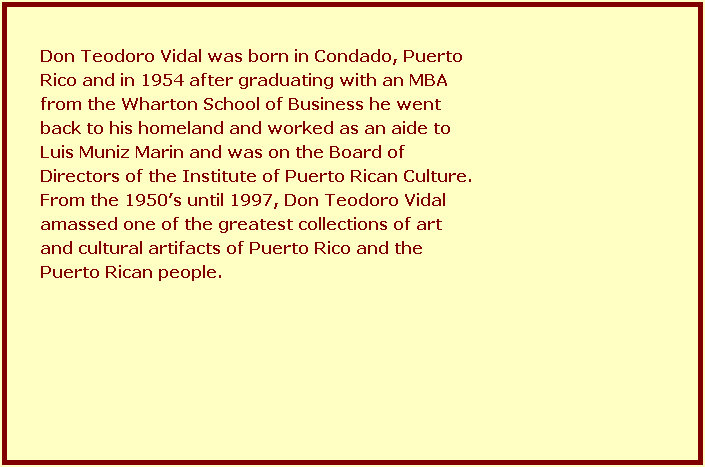
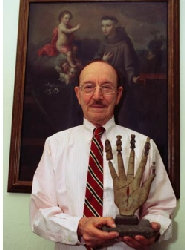
His collection consisted of more than 3200 objects. In 1997, he donated his entire collection to the Smithsonian Institution
and the National
